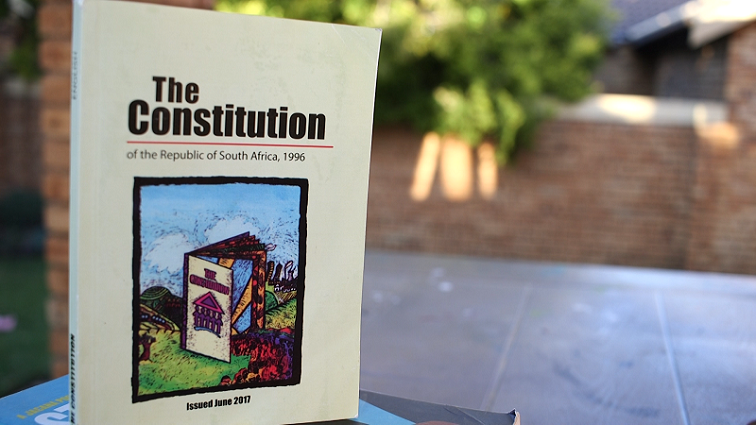As South Africa edges closer to the 2024 general elections, it is important to reflect on some of the more pronounced constitutional and legislative amendments since 1994.
7 September 1993 – The establishment of the Independent Electoral Commission (IEC) agreed to by the 26 parties negotiating at the World Trade Centre
24 December 1993 – Inaugural meeting of IEC with 11 South Africans as members under Chairperson Justice Johann Kriegler and Vice-Chairperson Advocate Dikgang Moseneke. Later, five international commissioners would also join the IEC.
4 October 1996 – The Electoral Commission Act was promulgated, establishing the Electoral Commission as a permanent body
10 December 1996 – The new Constitution of the country signed into law
12 October 1998 – Electoral Act, Act No. 73, is assented to, providing a legislative framework for free and fair elections
1999 – Support for the requirement of a barcoded identity document to register as a voter
1999 – Prisoners win the right to vote in general elections
2002 – Floor-crossing by members of legislatures at national, provincial and local government levels.
2009 – South Africans abroad win the right to vote in general elections
December 2003 – President assents to Electoral Laws Amendment Act, Act No. 34 of 2003. New amendments include two important sub-sections to section 16, which addressed the issue of the voter’s roll. The new sections now compel the IEC CEO to provide copies of the voter’s roll, including voter addresses, to all registered political parties contesting an election. The second addition prohibits the use of information in the voter’s roll for any purpose other than election purposes and to introduce a criminal offence for any breach thereof.
6 January 2009 – President Kgalema Motlanthe assents to a constitutional amendment abolishing floor-crossing legislation (that began in 2002).
2013 – Following by-elections in Tlokwe, North West, a number of independent candidates challenged the freeness and fairness of elections on the basis that voters’ addresses were not recorded and many people voted in the wrong voting districts.
30 November 2015 – The Constitutional Court finds that seven by-elections that took place within the Tlokwe municipality in 2013 were not free and fair, setting aside the results.
29 February 2016 – IEC calls a media briefing at its Centurion headquarters to announce its intention to approach the Constitutional Court to seek clarity around the November 2015 Tlokwe judgment. In a detailed statement, the IEC confirms that “a number of uncertainties” had arisen following the differences in interpretation” of the November 2015 ruling. These included: whether the judgment of the Constitutional Court with regard to the capture of addresses for voters is prospective or retrospective in as far as it relates to voters who were on the voters’ roll prior to 30 November 2016; whether the lack of an address on the voters’ roll invalidates that voters’ roll; and whether the term “where available” in the legislation relates to the address being available to the Electoral Commission or available to the voter.
14 June 2016 – Majority judgment in Constitutional Court compels IEC to provide voter addresses to be recorded on voters roll by 30 June 2018; and to provide six-monthly reports to the court (amongst others).
Sources used for this timeline: Newsnet (SABC News Research); IEC report on 25 years of democracy

